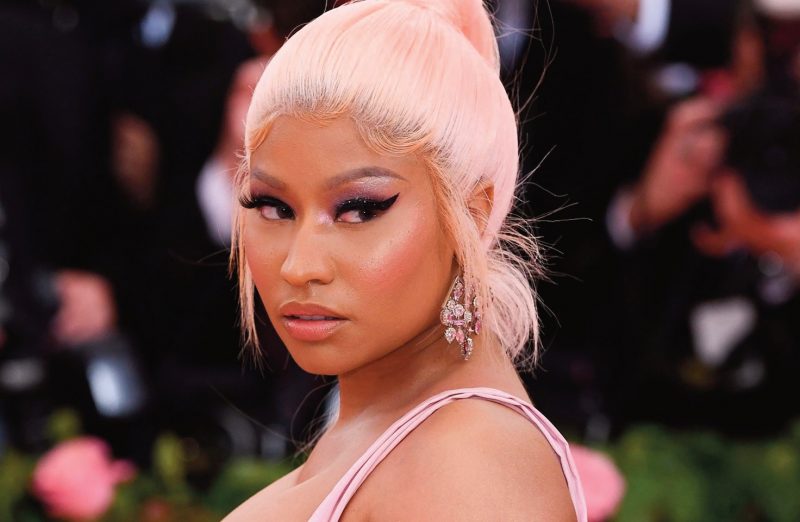Washington, D.C. – Yesterday, rapper Nicki Minaj expressed hesitancy concerning the COVID-19 vaccine and shared a story on Twitter that included misinformation about the effects of COVID-19 vaccines. Messages concerning COVID-19 shared on the public platforms of celebrities are highly influential. Misinformation shared on massive platforms must be countered with accurate information from reliable sources.
However, issues of public health should not be so easily swayed by celebrity commentary. We need clear communications from the Centers for Disease Control and Prevention (CDC) and government officials that reach Black communities on a personal level. The CDC has miscommunicated key messaging concerning mask usage, vaccinations, and safety. Additionally, various government officials are spreading misinformation about COVID-19. And while vaccine hesitancy is a real issue, vaccine apartheid has also been detrimental.
Instead of placing hyper-focus on celebrities, we can use this as a learning moment for people and organizations focused on challenging misinformation in Black communities. Black communities have justifiable fears concerning medical racism. The best way to counter these fears is through conversations with trustworthy sources embedded within Black communities. The National Black Cultural Information Trust is currently working with Black content creators as part of our new Inform Unite Heal campaign to share personal stories and narratives that provide reliable sources and engage our communities on a personal level.
Using the narratives of family, friends, and community leaders to share factual information on a personal level, in partnership with organizations and experts, could render positive results in countering misinformation and hesitancy. The key lesson here is understanding who people trust and engaging them from that perspective.
Jessica Ann Mitchell Aiwuyor is National Black Cultural Information Trust founder.










No Comment